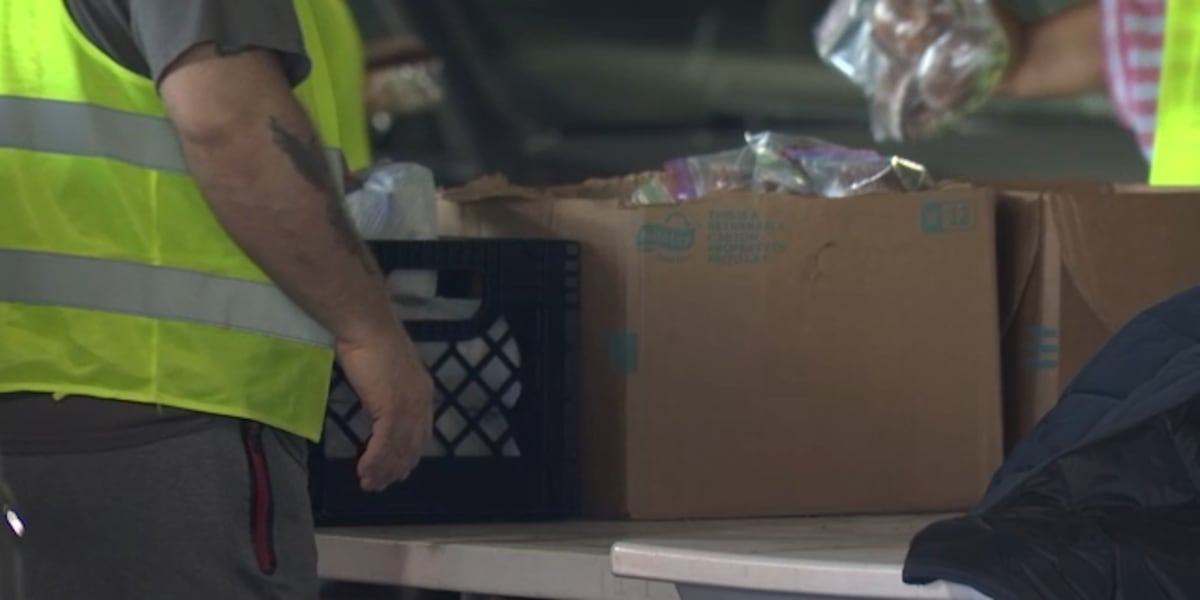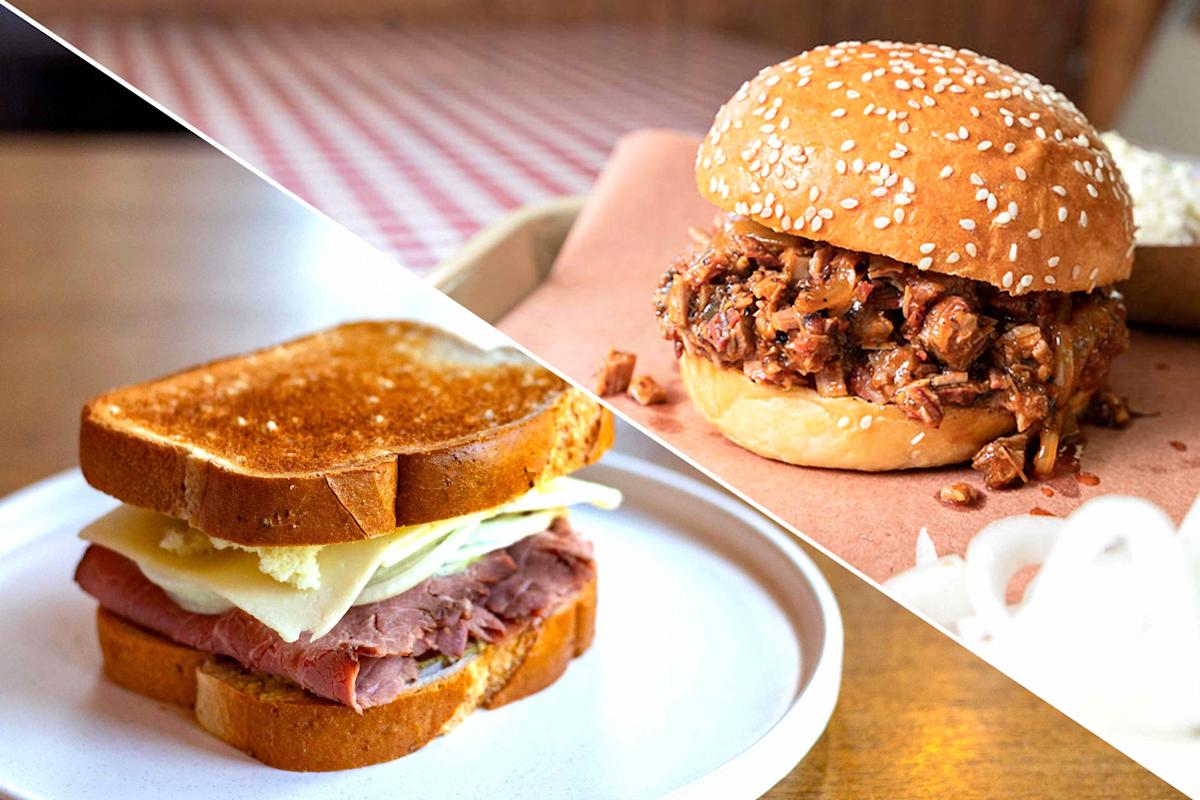Summary
Governor Tony Evers also made a stop at the camp. The organization had its Summer Conference Friday and he was there to join the discussion on agriculture and cooperation.
Source: WEAU

AI News Q&A (Free Content)
Q1: What are the primary benefits of local food sourcing, and how does it impact the community's economy and environment?
A1: Local food sourcing connects consumers with food producers within the same geographic region, which can lead to stronger, self-reliant communities. This practice supports local economies by keeping money within the community and can reduce the environmental impact by decreasing food miles, which is the distance food travels from production to consumption. Additionally, local food initiatives often promote sustainable and organic farming practices, contributing positively to the environment.
Q2: How do agricultural cooperatives function, and what role do they play in supporting farmers?
A2: Agricultural cooperatives, or farmers' co-ops, are organizations where farmers pool their resources for mutual benefit. These cooperatives can either be service-oriented, providing inputs like seeds and machinery, or focused on production, where resources like land and equipment are shared. They help in marketing, distribution, and even financing, allowing farmers to access services and markets they might not be able to individually. Notable examples include Dairy Farmers of America and Amul in India.
Q3: What are the latest developments in cooperative strategies for agricultural processes?
A3: Recent studies, such as the one titled 'HarvestTech agriculture cooperatives: Beneficiaries and compensations,' highlight the use of cooperative strategies to enhance productivity in agriculture. By using game theory, these strategies help in structuring cooperative efforts and ensuring fair compensation among firms, effectively optimizing agricultural crop processing and reducing costs.
Q4: How does the study of 'Sustainable Recipes' contribute to minimizing food miles, and what tools does it provide for consumers?
A4: The 'Sustainable Recipes' study presents a system that connects food recipes with local organic ingredient providers, aiming to minimize food miles. It offers a user-friendly interface that helps consumers and entrepreneurs connect with local producers and choose recipes that are optimized for local sourcing. This not only reduces the environmental impact but also supports local agriculture.
Q5: What are some challenges and solutions for maintaining authenticity in halal food products, according to recent research?
A5: Recent research utilizing blockchain and artificial intelligence addresses the challenge of ensuring halal food authenticity. The proposed system provides traceability for all operations in the supply chain, enhancing trust between consumers and producers. This is crucial as the demand for halal products grows globally, not just among Muslims but also non-Muslims.
Q6: How do agricultural supply chains benefit from cooperative game theory, according to recent research?
A6: Research on decentralized agricultural supply chains shows that cooperation between non-competing distributors and farmers can lead to increased profits and reduced costs. By using cooperative game theory, these supply chains can coordinate actions, such as joint ordering, to achieve lower prices and ensure fair compensation for all parties involved.
Q7: What role do local food movements play in promoting sustainable farming practices?
A7: Local food movements often promote sustainable farming practices by encouraging connections between local producers and consumers. These movements support organic and environmentally friendly farming methods, which can lead to a reduction in the use of synthetic pesticides and fertilizers, benefiting both the environment and consumer health.
References:
- Local food - Wikipedia
- Agricultural cooperative - Wikipedia
- HarvestTech agriculture cooperatives: Beneficiaries and compensations
- Sustainable Recipes. A Food Recipe Sourcing and Recommendation System to Minimize Food Miles
- A Blockchain and Artificial Intelligence based System for Halal Food Traceability
- Profit allocation in agricultural supply chains: exploring the nexus of cooperation and compensation




